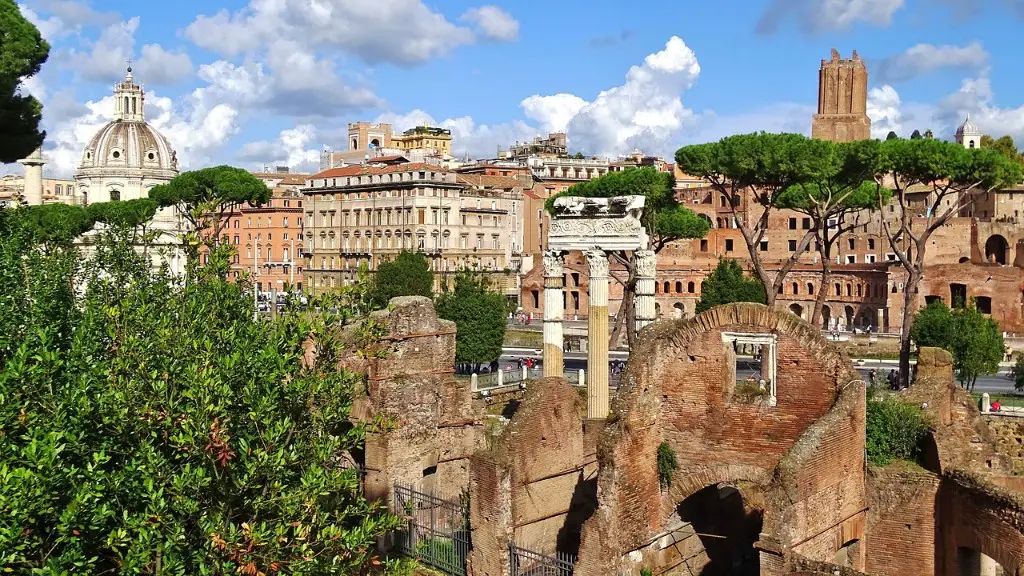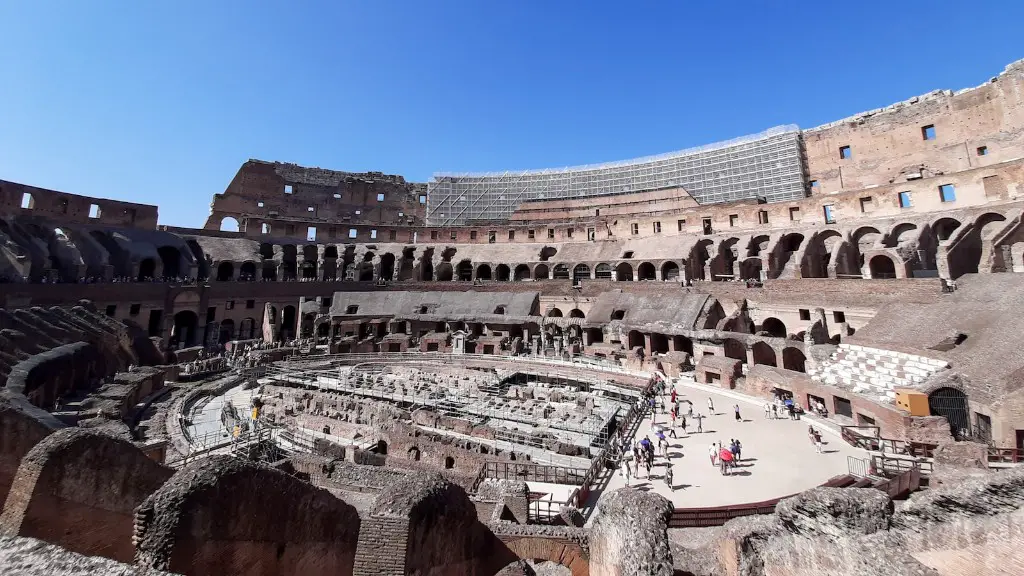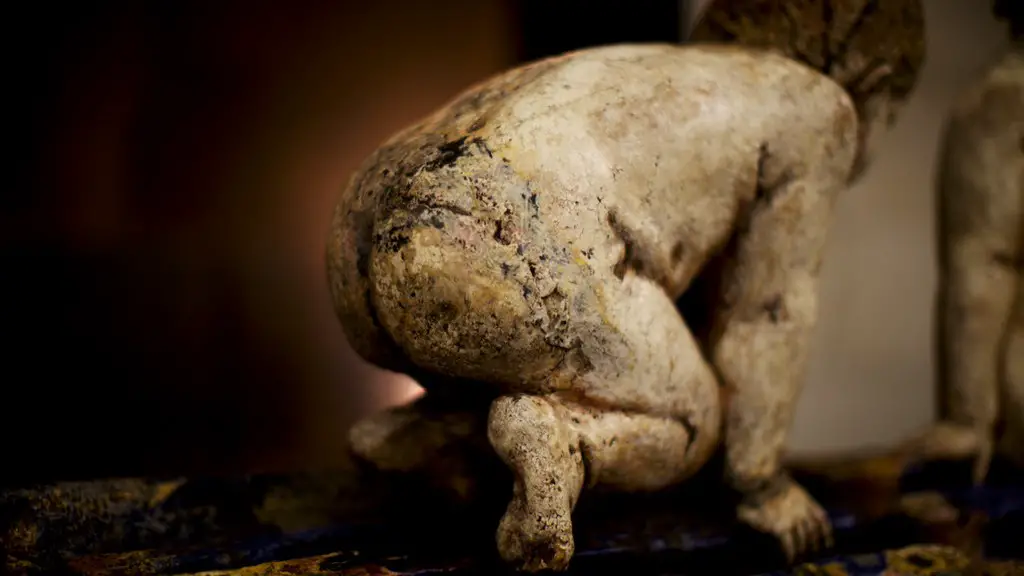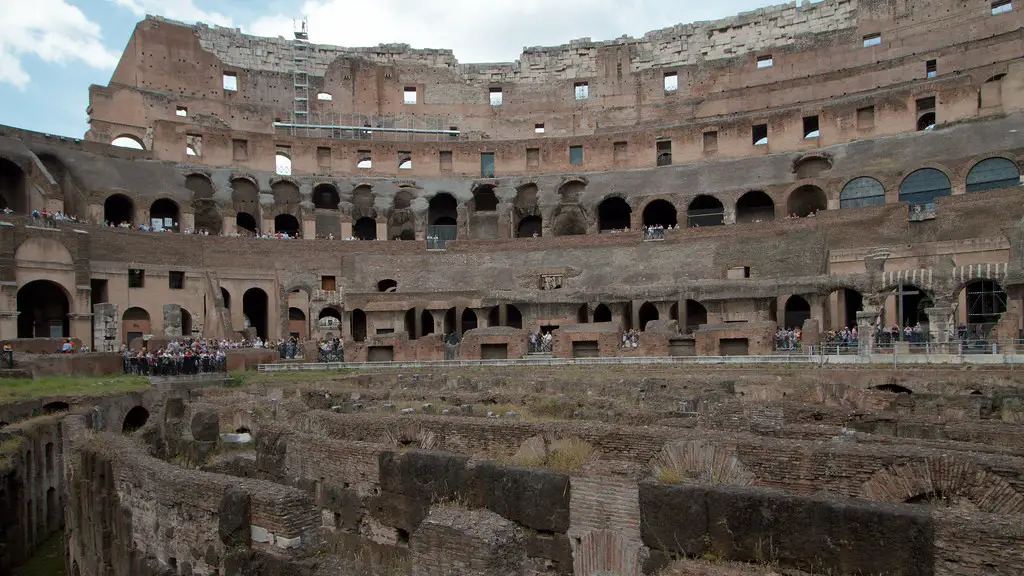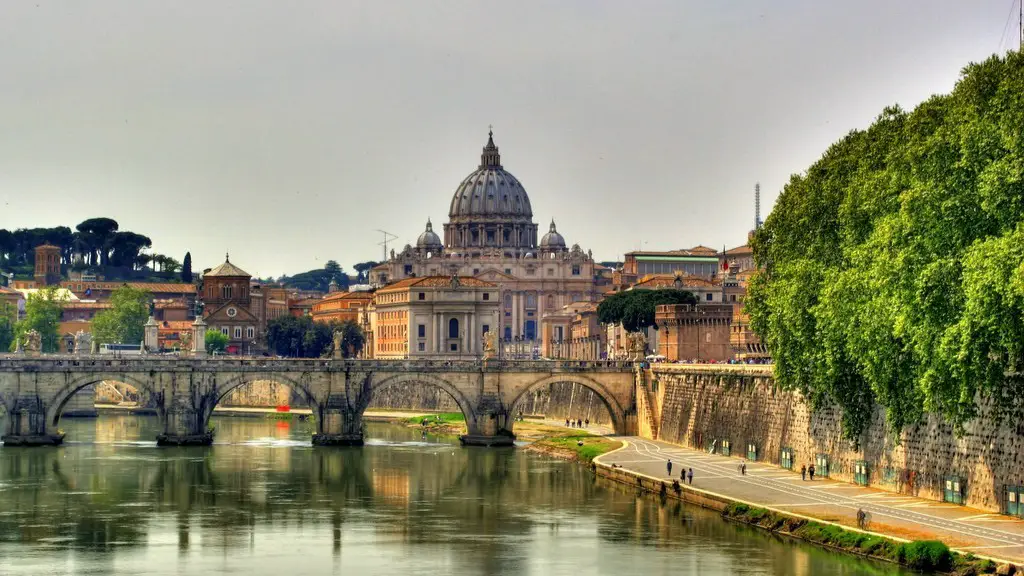The historical account of how Rome gained its identity as a republic dates back to the period of 500-270 BCE. Over time, the Roman Empire grew and by the 1st century BCE, it had become a major power throughout the Mediterranean. However, it was during the period of 509–27 BCE when the new government of Rome was officially established. This government overthrew the centuries-old Roman monarchy and replaced it with a Republic wherein citizens had the right to vote and political power was vested in the hands of the people.
The main catalyst of this revolutionary change was Lucius Junius Brutus and Lucius Tarquinius Collatinus, who were the masterminds behind this transformation. Lucius Junius Brutus, often referred to as the ‘Father of Rome’, was the first consul of the new Roman Republic and was integral in the overthrow of the monarchy. He also played a role in supporting the establishment of the Senate which became fundamental in governing Rome and retaining the Republic as a whole.
The revolution was prompted after the members of the Tarquin dynasty became ‘tyrants’ to the people, by taking away their rights over the state’s resources. In response, the people of Rome revolted and the uprising succeeded in overthrowing the monarchy. However, the shift to the Republic leadership had its own set of challenges. The Roman Republic was in need of a new form of government that could keep the interests of the people intact without infringing on the rights of any single individual or a particular religious or cultural group. This was the basic premise on which the new government of Rome was built.
Fortunately, the Roman Republic was able to not only survive the challenges posed by the new government structure but eventually emerged as one the most powerful empires in history. This was made possible due to the forward-thinking nature of the Republic’s leaders and their commitment to the common good. The framework they devised was designed so as to emphasize a sense of equality, fairness and meritocracy among the citizens of Rome.
The Roman Republic also saw significant progress in the field of law and governance. This was achieved by implementing a set of codes and regulations which allowed people of all backgrounds to be judged fairly by the courts. This was the first time that such a concept had been implemented in Rome and it was largely successful in establishing a sense of justice that is still admired to this day.
It is clear from the historical evidence that the establishment of the new government in ancient Rome was a remarkable event that shaped the world we live in today. The principles of democracy, justice and fairness that it embodied are still reflected in modern day governments around the world. All of this was made possible due to the willingness of two individuals, Lucius Junius Brutus and Lucius Tarquinius Collatinus, to make an appearance on the spot and put the needs of their people first.
The Reforms of the Roman Republic
The Roman Republic was notable for the reforms that were carried out in the areas of politics, law, and governance. The Republic saw the introduction of a number of legal reforms that not only guaranteed a fair and just trial for citizens but also protected the rights of all. New laws were also put into effect that enabled the peaceful representation of minority interests within the Republic and allowed for a broad expression of political opinion. These reforms made the Republic even more successful as it provided a solid foundation for its citizens to work together.
The legal system of the Republic was also remarkable in that it sought to reconcile all claims that had been made prior to the Republic’s creation. This was a necessary step in order to ensure that all citizens of the Roman Republic were given an equal chance for justice. These measures provided the added protection that was needed to ensure that the newly formed Republic was able to stand on its own and be accepted by the citizens.
The new government of Rome also saw great achievements in the field of public administration. Political appointees were put in charge of various departments and the new leadership structure awarded individuals that were able to prove their qualifications and worth. This was a stark contrast to the outdated practices of the old monarchy, which would often award positions of power to members of their own family, regardless of their legitimacy. This approach provided a much stronger basis for governance and cemented the power of the new Roman Republic.
Lastly, the Roman Republic was able to enact significant internal reforms that helped to lay the foundations for a prosperous and just society. This included the building of infrastructure and the introduction of new public works projects, which provided jobs and improved the quality of life for citizens of all backgrounds. Other reforms in the areas of trade and agriculture allowed the Republic to create a diverse economy and allowed prosperity to spread across the region.
The Legacy of the Roman Republic
The Roman Republic has left behind a valuable legacy in the form of its political structures, reforms and overall influence. The Republic’s contributions to history have had a major impact on nations throughout the world as many of its government practices and ideals continue to be relevant today. The concept of democracy, justice and rule of law are just some of the concepts that were reflected in the Roman Republic and have helped in forming the modern world as we know it.
The Roman Republic is also remembered for its advancements in literature, science and the arts. The Republic provided an opportunity for talented individuals to showcase their skills in a variety of fields, from philosophy to architecture. This enabled the nation to create a culture and identity that has been admired and respected throughout the ages.
The Roman Republic was an innovative and forward-thinking nation and its example remains an important guide for how governments should be formed and how societies should be structured. The two masterminds behind this revolutionary change, Lucius Junius Brutus and Lucius Tarquinius Collatinus, deserve immense credit for their boldness in offering the people of Rome a chance at a greater future.
The Modern Relevance of the Roman Republic
The Roman Republic provides lessons and examples that are still relevant today. The Republic was far ahead of its time and many of its innovations still resonate in the international sphere of politics and governance. Governments across the world are still making use of the concepts behind this revolutionary era and continue to implement Roman-style reforms in their own states.
The modern world is filled with a host of injustices and irregularities, and the example of the Roman Republic shows that it is possible to push back against these negative forces and strive for a more perfect society. The Republic also serves as a reminder of how important it is for citizens to have their voices heard in the political process and how crucial it is to always keep their interests in mind. These are values that continue to be upheld by society, and the legacy of the Republic serves as a testament to the power they possess.
Today, the Roman Republic can still be seen as a source of inspiration, motivation and guidance in creating a more equitable and prosperous world. What began as a courageous attempt to overthrow a manipulative monarchy has blossomed into a way of life that transcends time and space. It is clear that the establishment of the new government in ancient Rome was indeed an event that changed the world as we know it.
The Role of the People in Establishing the New Government
The new government of Rome was only possible due to the strong will and courage of the citizens. Without these brave individuals, the Republic would have never been established. People from all walks of life played important parts in the revolution, from political leaders and legal experts to average citizens who simply wanted a better life. It was the collective effort of all these people that enabled the success of the Republic.
The establishment of the Republic also showed the strength of the Roman people and their commitment to their cause. This was showcased in the way they rose up and fiercely defended their beliefs and rights. In a sense, the founding of the Republic can be seen as the embodiment of the Roman spirit and will to succeed, no matter the cost.
The people’s role in the birth of the Roman Republic should not be forgotten. From providing the basic vision to carrying out protests and upholding ideals, the people of Rome made sure that the new government was accepted and successfully implemented. This was an example of how people can come together and create a society that is fairer, more just and more prosperous. This is a legacy that has endured for centuries and continues to guide the modern world.
The Role of Religion in Establishing the New Government
Religion also played a role in the establishment of the new government in ancient Rome. This can be seen in the fact that religious symbols and imagery were included in official documents and reforms. From the redesign of the Roman calendar to the placement of monuments and statues, religion was always part of the Republic’s agenda.
Most of these religious elements were used as tools to advance the goals of the Republic. They provided a sense of unity and purpose among the citizens while also strengthening the Republic’s military power. In a way, the combination of the secular and spiritual aspects of the Republic created something that was much greater than the sum of its parts.
Religion was also used to promote social unity and solidarity among the people of Rome. This was important as it enabled the citizens to look past their differences and unite under a common cause. This served as an example of what a nation could accomplish when it was united and inspired by a higher purpose.
In addition to promoting unity and establishing the new government, religious elements also provided a sense of identity and purpose within the Republic. This gave citizens the strength to persevere in the face of adversity and kept their morale up even in the most difficult of times. Religion was an integral part of the Roman Republic, and its presence can still be felt to this day.
